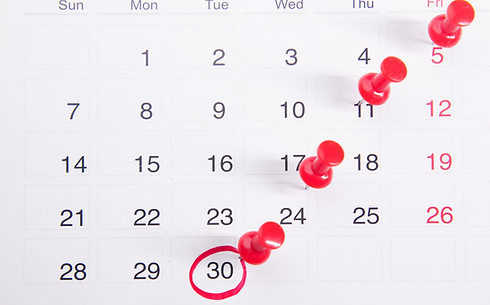
Charged with a DWI?
Reach out to Anike Law.
It is illegal for anyone to operate a motor vehicle while impaired by or under the influence of alcohol or drugs. New York State enforces very strict criminal laws pertaining to Driving While Ability Impaired (DWAI) and Driving While Intoxicated (DWI). If you are charged with a DWI offense in New York, it’s important to know the potential penalties you face and the value of having defense counsel you can trust in this difficult situation.
Quickly Call a Lawyer
If you fail a sobriety test and are then arrested, we advise that you behave in a respectful manner to the arresting officers, but remain silent until you speak to your DWI attorney. Talking to a DWI-defense attorney at Anike Law is the best way to know what types of consequences you may face. Let us guide you through the legal process, so you can fully understand what happens next. It is absolutely necessary to discuss the entire situation with your attorney soon after your arrest, while all the details are still fresh in your memory. We will ask you key questions and then begin working on your release as soon as possible.
Legal Defenses for First-Offense DWI Charges
If you have been charged with a DWI, you may be facing serious consequences. But it’s important for you to understand: These charges can be lessened or even dismissed with the guidance and support of an experienced DWI attorney. DWI is one of the most common crimes in the United States. Unfortunately, because this crime is so common, many people take their DWI arrests lightly instead of seeking appropriate legal representation. We do not recommend that you handle a DWI on your own. There are a number of defenses that your DWI attorney can raise if you have been accused of breaking New York’s DWI laws for the first time, including:
-
Illegal traffic stop: Police need to have probable cause to believe that a crime is being committed to pull you over. If they do not have this, then any evidence they find during the stop will be excluded from court.
-
Improper testing: If the police do not administer breathalyzer or field sobriety tests correctly, evidence they create can be excluded.
-
Miscalibrated machines: Breath and blood testing devices need to be calibrated or they lose accuracy.



